Energy-Efficient Water Heaters for Your Home
Water heaters are a critical part of every household, ensuring you have access to warm water for daily tasks like cooking, cleaning, and bathing. At All Pro Jetting & Plumbing, we understand how essential it is to have a reliable water heater, especially during colder months. Whether it’s maintaining your current system or upgrading to a new, energy-efficient model, understanding water heaters can save you money and ensure long-term comfort. Let’s dive into everything you need to know about water heater maintenance, repair, and replacement.
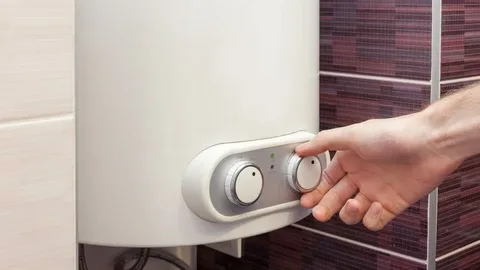
Types of Water Heaters
Water heaters come in various models, each catering to different needs. Here are the most common types:
- Storage Tank Water Heaters
These are the most traditional models, featuring an insulated tank that stores hot water. They are widely available and generally affordable but can take up more space. - Tankless Water Heaters
Also known as on-demand water heaters, these systems heat water as needed without storing it in a tank. They are energy-efficient and take up less space, making them ideal for modern households. - Heat Pump Water Heaters
These energy-efficient models use electricity to move heat from the air or ground to heat water, reducing energy costs. - Solar Water Heaters
Powered by the sun, these are environmentally friendly options that work best in sunny climates. - Condensing Water Heaters
These models are ideal for homes that use natural gas as their primary energy source. They are energy-efficient and great for larger families.
Signs Your Water Heater Needs Repair or Replacement
Recognizing the signs of a failing water heater can save you from unexpected cold showers. Look out for the following:
- Inconsistent Water Temperature: If your water fluctuates between hot and cold, it might be time for repairs.
- Discolored Water: Rusty or murky water can indicate corrosion inside your water heater tank.
- Unusual Noises: Rumbling or popping sounds are often caused by sediment buildup in the tank.
- Reduced Efficiency: A spike in energy bills may mean your water heater isn’t working as efficiently as it should.
- Leaks: Puddles around the water heater are a clear sign that replacement might be necessary.
Water Heater Maintenance Tips
Proper maintenance can extend the life of your water heater and improve its efficiency. Follow these tips:
- Flush the Tank Annually
Sediment buildup in the tank can reduce efficiency and damage your water heater. Flushing it annually removes this buildup. - Inspect the Anode Rod
The anode rod prevents the tank from rusting. Check it every three years and replace it if it’s worn out. - Check the Pressure Relief Valve
This valve is a safety mechanism that releases pressure if it becomes too high. Test it periodically to ensure it’s working properly. - Insulate the Tank and Pipes
Insulating your water heater tank and pipes can improve efficiency and reduce energy costs. - Set the Right Temperature
Keeping your water heater at 120°F is ideal for energy efficiency and safety.
When to Call a Professional
If you notice persistent issues like leaks, strange noises, or inconsistent water temperatures, it’s best to call a professional. All Pro Jetting & Plumbing specializes in water heater repair, maintenance, and installation, ensuring your system runs smoothly year-round.
Conclusion
Water heaters are essential for everyday comfort and convenience. By understanding the different types, recognizing signs of failure, and performing routine maintenance, you can ensure your water heater remains reliable for years to come. For expert water heater services, including repairs and installation, trust All Pro Jetting & Plumbing to deliver exceptional results.
FAQs
1. How often should I flush my water heater?
It’s recommended to flush your water heater once a year to remove sediment buildup and improve efficiency.
2. What size water heater do I need for my home?
The size depends on your household’s water usage. A professional can help you determine the right capacity for your needs.
3. How long do water heaters typically last?
On average, traditional water heaters last 8–12 years, while tankless models can last up to 20 years with proper maintenance.
4. Why is my water heater making noise?
Noises are often caused by sediment buildup in the tank. Flushing the tank may resolve this issue.
5. Are tankless water heaters worth the investment?
Yes, tankless water heaters are energy-efficient, take up less space, and provide on-demand hot water, making them a valuable long-term investment.
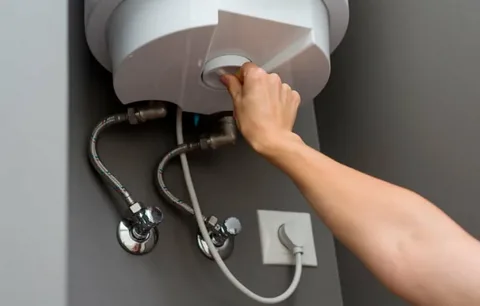


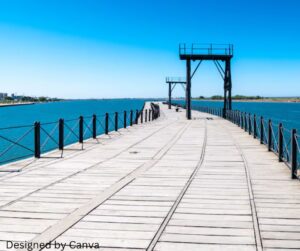
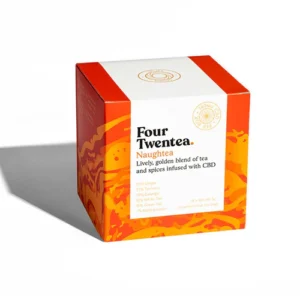





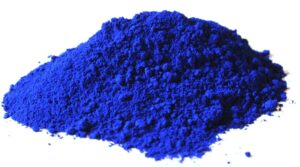
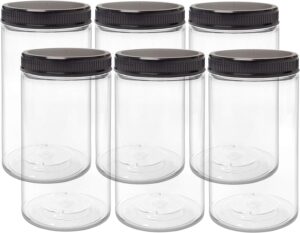

Post Comment